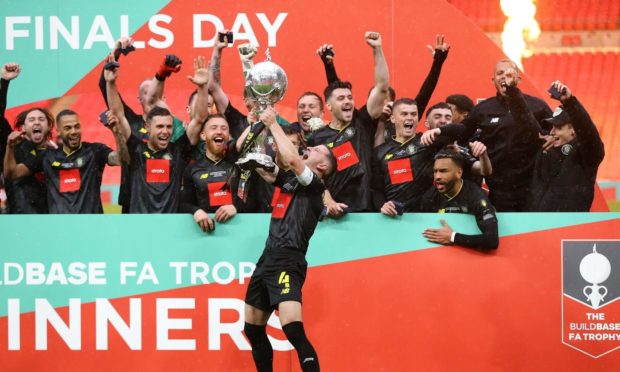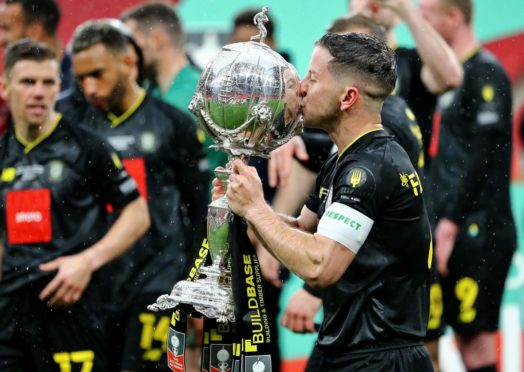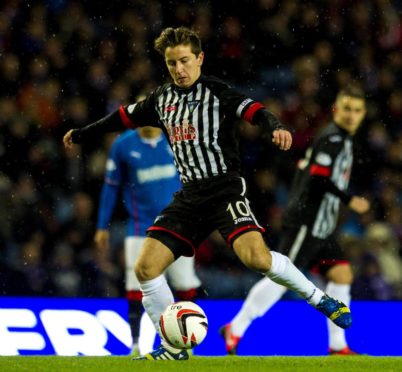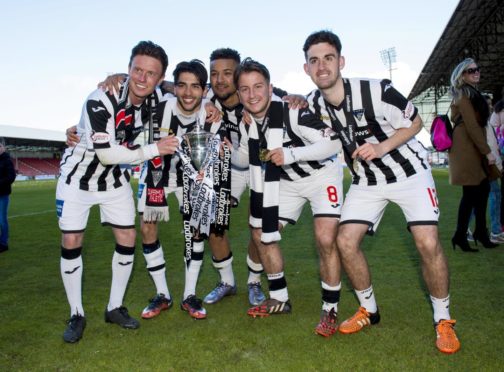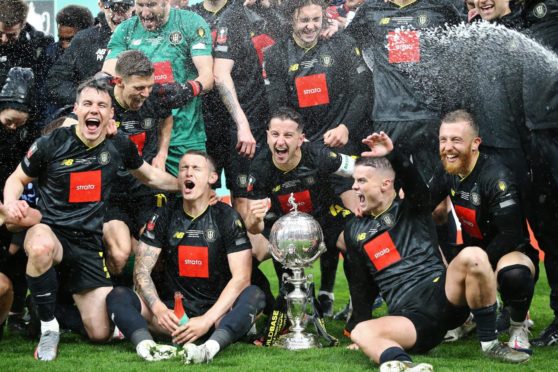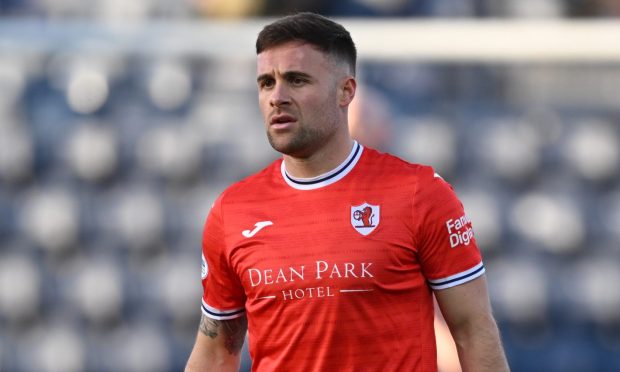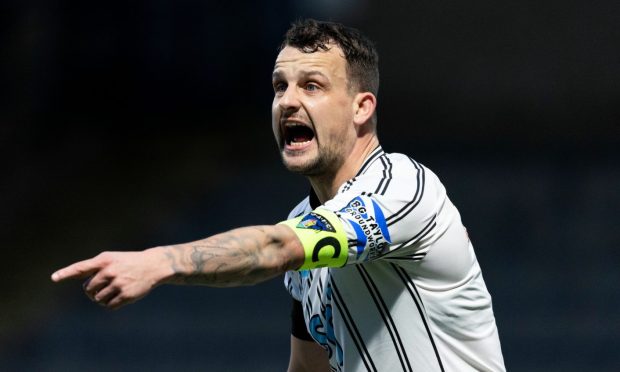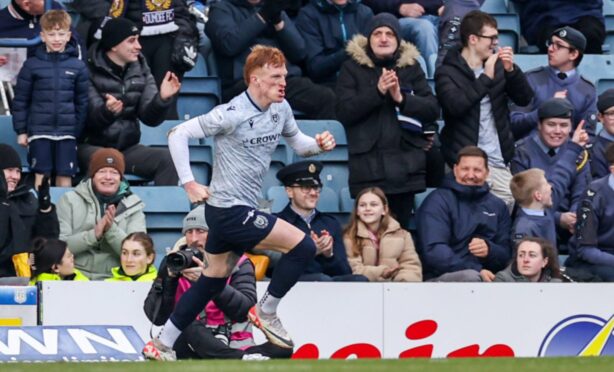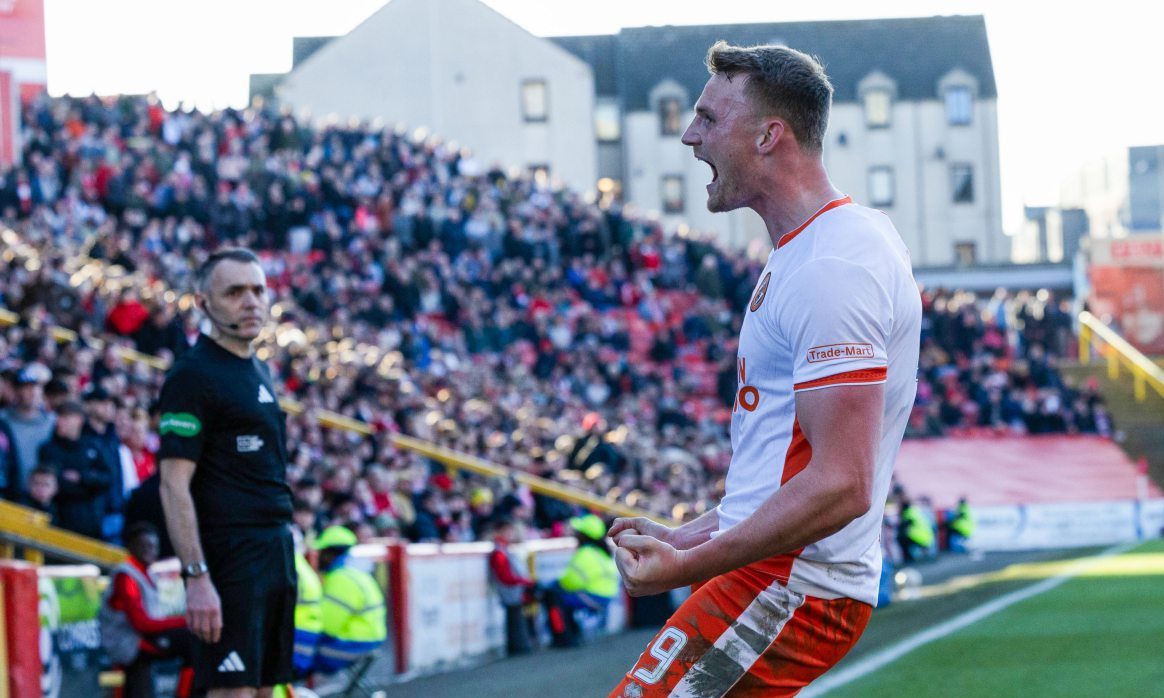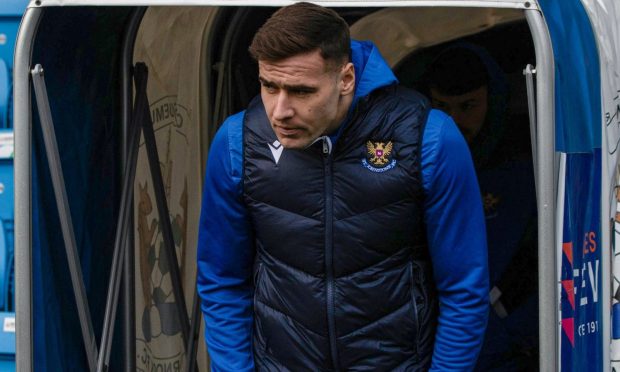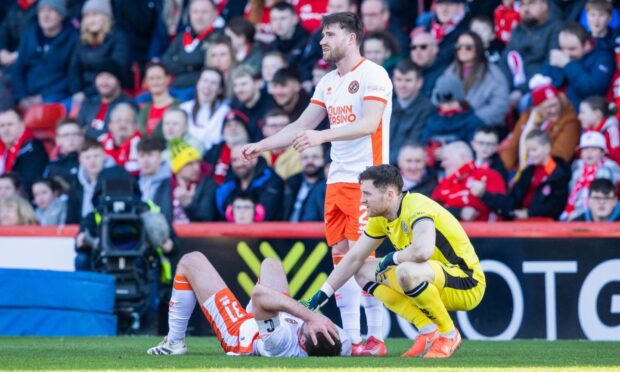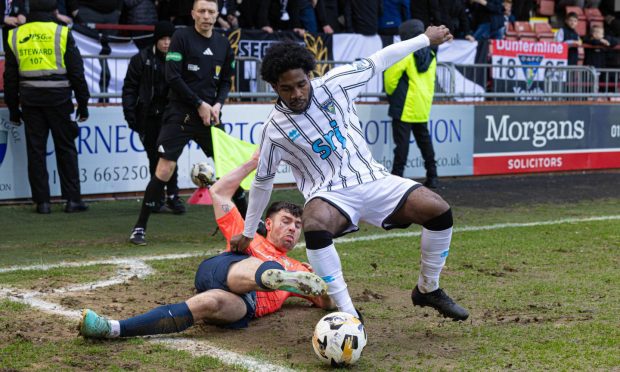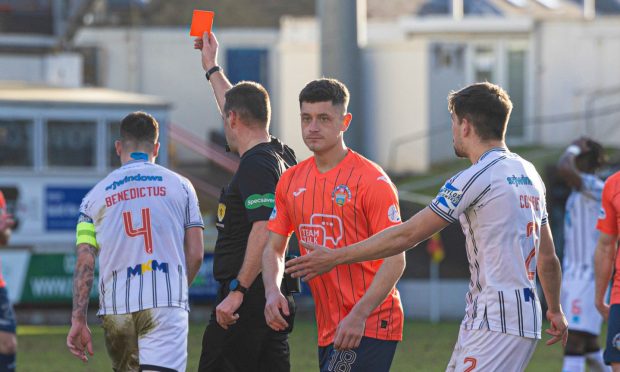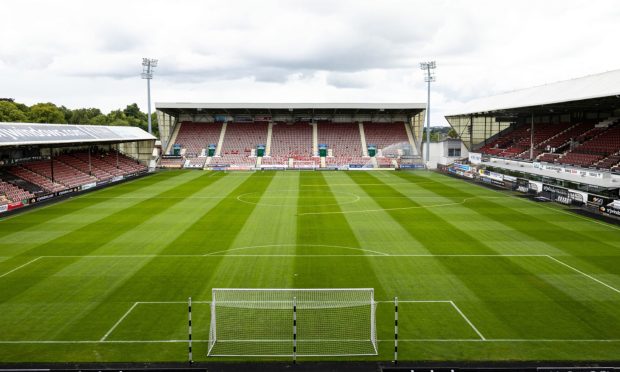As a jubilant Josh Falkingham hoisted the FA Trophy above his head on the hallowed turf of Wembley Stadium, flames erupting from the podium as his teammates roared with delight, he was living a boyhood dream — for the second time.
The home of English football has become a familiar stomping ground for the Harrogate Town captain, having led the Sulphurites to victory in the National League playoff final last August.
On Monday, he made it a double, scoring the winning goal in a 1-0 triumph over Concord Rangers in the showpiece fixture of non-league football, held over from the 2019/20 campaign.
Yet, the sense of majesty, awe and achievement was no less great the second time around.
“It was incredibly special,” said Falkingham, voice still croaky after a few days of well-deserved revelry. As he says: “You don’t know when the next one is going to come — so you’ve got to celebrate them!
“Wembley is the pinnacle. We’ve been so lucky over the past year to play there twice — but you can’t possibly get tired of that.
“As a Leeds fan, I’d be lying if I said I had too many memories of watching my team at Wembley but, as a kid, Wembley was everything. It was where dreams came true and where you wanted to play.
“To have the honour of actually captaining this club and holding those trophies aloft; I can’t put into words what that means.
“You are just desperate to get that buzz back. It has given us even more determination to get back there again.”
Regardless of how many times Falkingham walks up Wembley Way, there is no chance of him taking the remarkable rise of Harrogate for granted; not after what he experienced at Dunfermline.
“That was the biggest learning curve in my life,” Falkingham told The Courier, reflecting on his four years at East End Park. “I grew up so quickly.”
In the summer of 2012, the diminutive midfielder left Arbroath to join a team seemingly seeking to win promotion to the top-flight. Ten months later, the Pars entered administration.
Falkingham still recalls the players being called into the Purvis Suite at East East Park for a meeting with insolvency expert Bryan Jackson. A host of his friends, teammates and colleagues left that gathering without a club.
“There were boys who went through a lot more than me,” he continued. “I watched friends lose their jobs. I’ll never forget the feeling of walking into that room and waiting to find out whether I would still be a Dunfermline player at the end of the day.
“Hopefully, I never experience anything like that ever again. It will always be on my mind when I have any successes; I’ll never take them for granted or underestimate how hard you need to work.
“And, the fact is: even if you do work hard, everything can still be taken away from you, through no fault of your own. So, you’ve got to appreciate every medal and trophy you get.”
Having been docked 15 points, Dunfermline were relegated from the old First Division at the end of the 2012/13 campaign. The financial chickens of the Gavin Masterton era had come home to roost.
Falkingham was made skipper of a grand old Fife institution attempting to climb off its knees and remains the last man to captain a Dunfermline side to promotion, winning the League 1 title in 2016 under Allan Johnston.
Current holder of the armband Euan Murray is hoping to address that, starting by winning the Premiership playoff quarter-final against Raith Rovers on Saturday.
“To play a small part in Dunfermline’s great history is something I’m honoured to have done and I’ve got my fingers crossed that they get back to the Premiership, where they belong,” he continued.
“Dunfermline were a huge part of my life and I loved playing for them. It was an amazing experience and taught me a lot of lessons which I have taken into my career and life.
“Although Leeds will always be ‘my club’, Dunfermline are my other team.
“The messages I receive from fans up there are fantastic; my social media goes off every time Harrogate have any success. The Pars fans are always the first to congratulate me!”
Falkingham is, however, at pains to lavish praise on Arbroath, where he truly made his first steps in the game after leaving the youth ranks of St Johnstone (where he was in digs with Betfred Cup final hero Zander Clark).
“When I think to my time in Scotland, I wouldn’t want anyone to think I forget about Arbroath,” he added. “The two years I spent there were incredible under Paul Sheerin and I still phone him constantly, asking for advice, guidance or his thoughts on things.
“I won my first ever trophy when we won the Third Division title (2010/11) and it’s been brilliant to watch them kick on and go from strength to strength.”
For all his audible fondness for Scotland, it would be churlish to suggest that Falkingham has done anything other than go from strength to strength since returning to England.
Following a short stint with Darlington, he joined Harrogate Town in 2017 and has played a pivotal role in the most successful period in the club’s history, rising from the National League North to League Two in successive seasons.
If he is not already a Wetherby Road legend, that title will be his in the fullness of time.
At home, baby daughter Penelope is now 18 months old and he lives close to his family in Yorkshire. To say he is content would be an understatement.
“Everything has fallen into place for me,” continued Falkingham. “It may sound stupid, but even when I was younger, I was told ‘you’ll be a late developer’, so I believed that my best years might come slightly later than others.
“I’m desperate to keep that journey going, climb up the leagues and get to those higher levels where I have always been confident that I can play.
“I’m loving my football and I’m back home with my family and new baby girl, so life on and off the pitch is just incredible.”
Just do not dare suggest to Falkingham that it might be time to look back and luxuriate in the successes of the past few seasons.
“We have come on leaps and bounds, but we aren’t stopping now,” he said. “It’s on to the next challenge.
“The journey we’ve been on doesn’t fall in your lap. It is hard work, dedication and all the positive characteristics we have in this group. The progress has been immense but the hunger is still there.”
